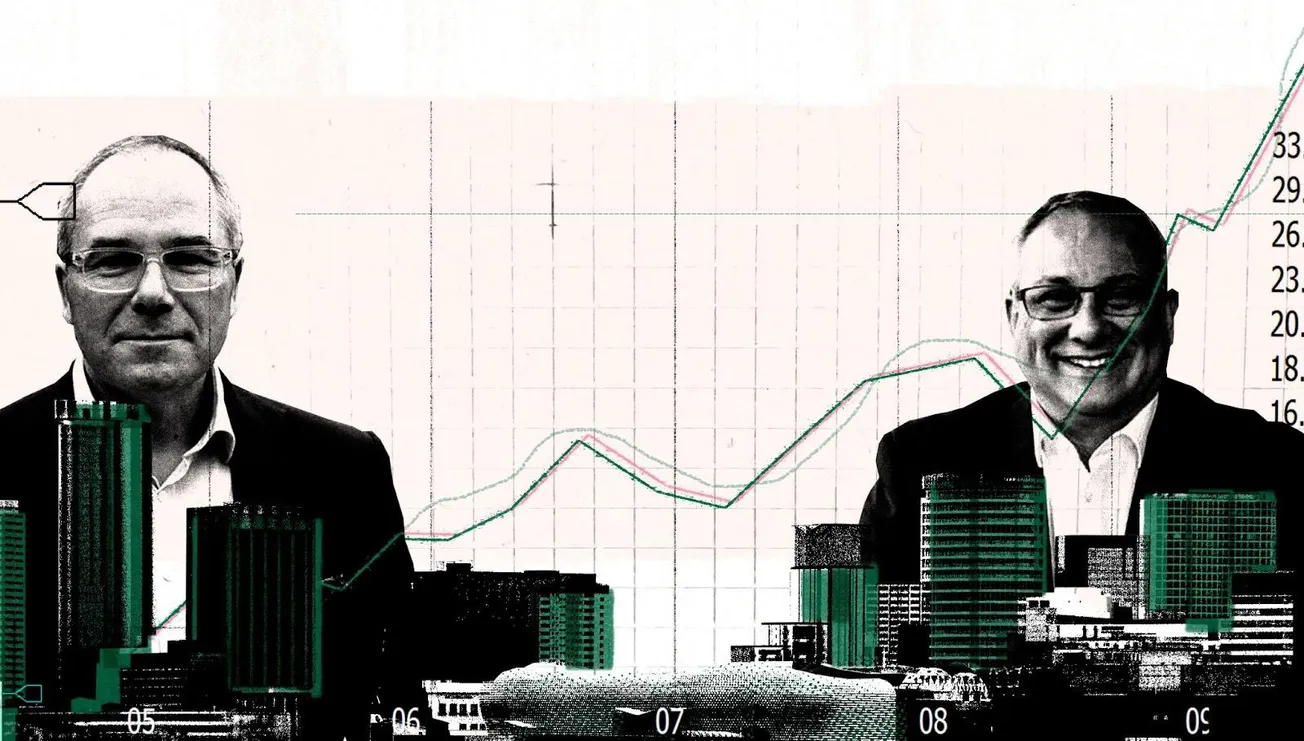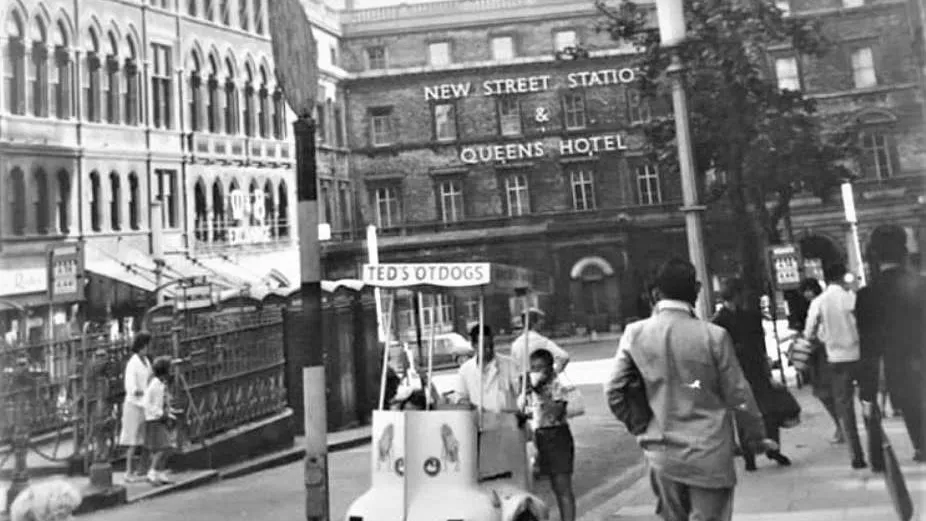Dear Patchers — today’s story is about the West Midlands Growth Company: an organisation controlled by the West Midlands Combined Authority, local authorities and various universities. It’s slated to undergo a big £7.5 million restructure as those in charge question its effectiveness, a major Birmingham university reportedly pulls out, and staff face job cuts.
The West Midland’s stellar record of attracting foreign investment into the area is rightfully celebrated by the national and financial press. However, does high-profile foreign investment actually translate into a better, and growing, economy for all? And what role has the Growth Company really played in foreign investment since it was ‘founded’ in 2017? That’s today’s story.
First, some things to do this weekend.
Things to do
Saturday:
🎶 Musical Director Neavan Lobban will conduct the Birmingham Gay Symphony Orchestra (BGSO) in a concert of Christmas tunes on Saturday at The Church at Carrs Lane. Expect a mix of classics like the ‘Hallelujah Chorus’ from Handel’s Messiah, and contemporary scores from the likes of the movie The Polar Express. Tickets from £8, children under five go free.
Sunday:
🕯️Go indulge in some seasonal merriment this Sunday at the Old Joint Stock Pub in the city centre as the venue’s resident Musical Theatre Company hosts‘ ‘Christmas by Candlelight.’ There’ll be singing, turkey, hot toddies and live music. No mention of actual candles though…Entrance is free in the bar area. However, you’ll need to come along early to secure a spot.
☘️ Norton’s in Digbeth is hosting a ‘Pop-Up Gaeltacht’ on Sunday for Irish speakers of all levels, followed by a traditional music session. The language programme runs from 1pm to 3pm. The music session, led by accordion player Edna Molloy, starts at 3pm. Entrance free.
Book now: Tier two tickets for the ever-popular Moseley Folk Festival go on sale tomorrow and they’ve clinched a major name for next summer’s soiree: Father John Misty will headline on Saturday 30 August. Also announced at this early stage are BC Camplight and Fisherman’s Friends. Get your tickets here from 10am.

In the dark days of 2009, right after the Great Recession, the Financial Times wrote a report about investment in the West Midlands. The picture they painted was unmistakably bleak: “unemployment is high and overall skill levels are poor…For the West Midlands, attracting inward investment has been a struggle.”
Then something changed. The last decade has seen Birmingham, and the wider region, emerge as a force to be reckoned with when it comes to bringing in foreign investment. In that time big firms like HSBC, Goldman Sachs, Deutsche Bank, PwC and KPMG have either set up new offices in the city or massively expanded their existing offerings. The numbers speak for themselves: the West Midlands now ranks third in the country for FDI (foreign direct investment) projects, behind only London and Scotland. More remarkably still, the greater Birmingham area is now also Europe's seventh-highest foreign investment attractor. The question is: how did we do it?
Well, if you ask former West Midlands Mayor Andy Street, then the region’s “industrial heritage, entrepreneurial culture, world-class universities and a broad and deep talent pool” might have something to do with it. But there’s something else many sources in the region believe has played a part: The West Midlands Growth Company (WMGC), which has been credited with, at least according to its own website, “helping the West Midlands to remain the top destination for Foreign Direct Investment outside of London, directly supporting 77 projects and delivering 6453 new jobs.”
Why then, is the new mayor, Richard Parker, unconvinced by the Growth Company’s credentials? Since taking office, Parker’s combined authority collaborated on a review of the company, concluding that the organisation needs stripping back, through a £7.5 million restructuring, into a nimbler ‘Economic Delivery Vehicle.’ In layman’s terms, while some credited the WMGC with putting Birmingham on the international map for attracting investors, Parker’s team concluded the organisation could do better.

In addition to the combined authority restructure, the Growth Company has now also had a pot of funding cut by the Labour government in this year’s Autumn Budget, which details that the Treasury is: “minded to cancel” the “West Midlands culture and inward investment funding.” A spokesperson from the Growth Company tells The Dispatch that: “the Autumn Budget 2024 announced that the Government was minded to cancel this allocation. This proposal is currently being consulted upon before a final decision is made. WMGC has therefore not received any of this funding.”
Based on conversations The Dispatch has been having over the past two weeks, Birmingham’s business community is split. While some believe Parker is shrewdly restructuring a bloated and directionless organisation, others see it as a short-term political move which will damage Birmingham’s ability to lure in big multinational corporate beasts. Indeed, the WMGC is partly controlled by the combined authority: and from private phone conversations with well-placed sources, there seems to be a level of hostility between them.
Birmingham deserves great journalism. You can help make it happen.
You're halfway there, the rest of the story is behind this paywall. Join the Dispatch for full access to local news that matters, just £8/month.
SubscribeAlready have an account? Sign In







